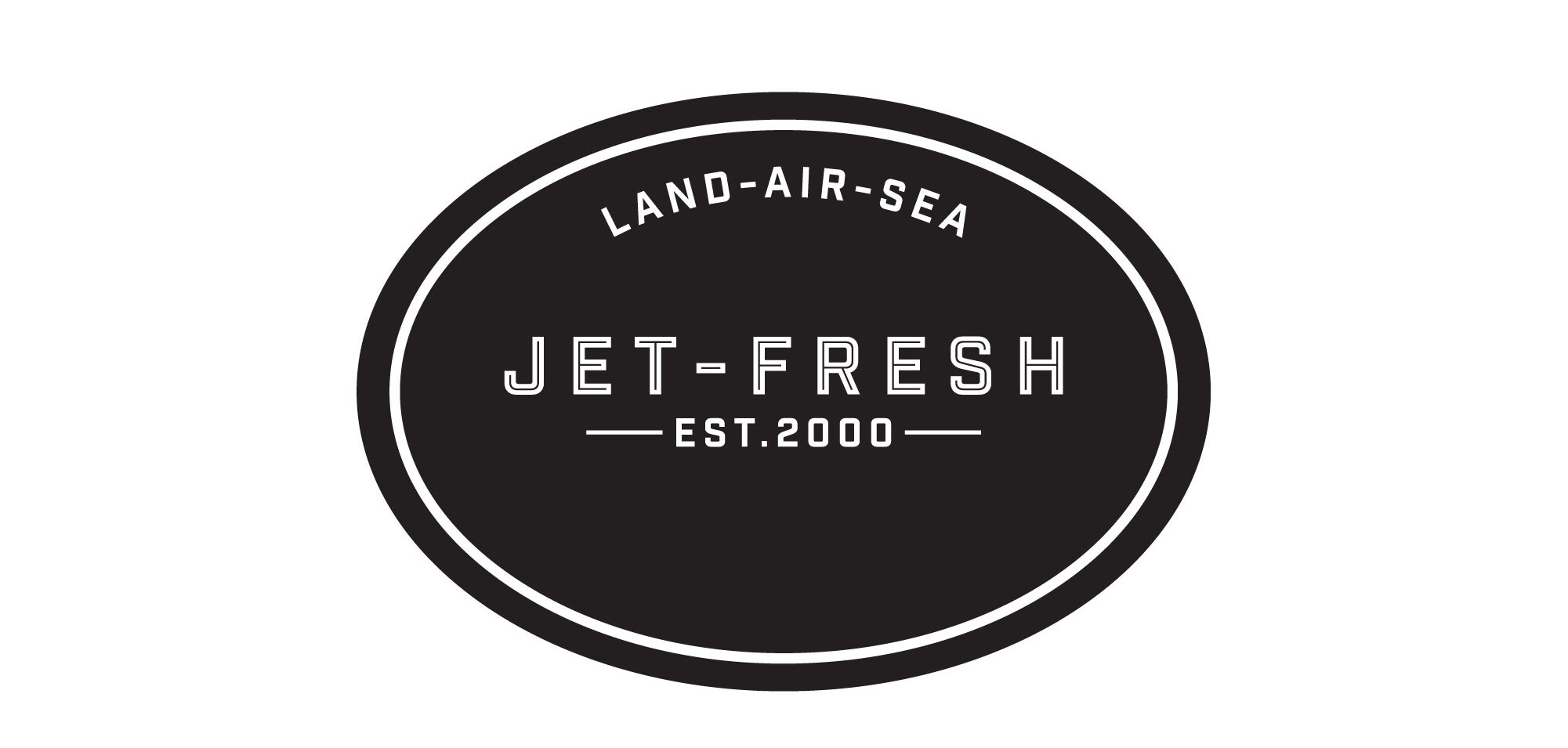Wagyu is beef that has achieved a legendary status for flesh that can be described simply as fatty, marbled, and utterly delicious. American Wagyu might be a foreign concept to purists, but rest assured that the American Wagyu Association is on top of how we ensure quality cattle is being raised right here in the States to ensure that quality is sustained across the board.
This Japanese breed of cattle has a name that literally translates to “Japanese Cow”. This Japanese breed is well-known around the world for the meat’s unique marbling and incomparable flavor. You’ll find that the breed came from Japanese cattlemen’s ingenuity as they cross bred cattle to the modern form of beef we we know and enjoy today, and is even separated by breed in their highly regulated industry.
Wagyu: A Living Treasure
In 1997, Japan changed how they exported wagyu. Designating it as a national treasure, they instituted an export ban on wagyu leaving us in the dust. This is why it was difficult to get real wagyu, much less Kobe in the U.S. for a very long time.
In Japan, there are only four breeds that are considered Wagyu; Japanese Black (most common, and most revered), Japanese Brown (Red), Japanese Polled, and Japanese Shorthorn. Their breeding is highly regulated to ensure proven genetics across the board, with regular testing of livestock. This helps to ensure that when you get wagyu, you’re getting the real deal.
By now, exports have changed making it possible to enjoy imported Japanese Wagyu that has been certified. However, countries like Australia and the U.S. have begun to breed their own domestic meats from imported cattle.
Wagyu in the U.S.
We didn’t always have domestic wagyu, but it has risen in popularity in recent years, thereby increasing demand on the industry to produce quality meat for a good price. Wagyu was imported from Japan to the U.S. in 1976, when cattlemen received Black and two Red bulls, which were then crossbred with continental breeds of beef to produce what we know of as American Wagyu, much of which is raised Kobe-style!
You will find that American wagyu must be at least 50% Japanese Black, genetically, which is the minimum required to be considered wagyu in the States. That’s not to say there isn’t any full-blooded wagyu, domestically. The American Wagyu Association estimates that 5,000/30,000 wagyu-influenced cattle in the states is actually fullblood, making it a rare commodity.
What does this mean? Ultimately, it means our classification process is different for this fatty delight. Here is an easy to discern chart from Lone Mountain Wagyu, that simplifies exactly what you’re getting when you enjoy an American wagyu product:

Courtesy of Lone Mountain Wagyu
A Ribeye a Day Keeps the Doctor Away
The content of a cow’s diet impacts the flavor of the meat, but exactly how much? Naturally, much of it depends on the breed, and we find wagyu has a tendency to cultivate a better monounsaturated to saturated fat ratio, with a large portion of this fat consisting of stearic acid irrespective of the diet fed to the cattle.
Wagyu contains about 30% Conjugated Linoleic Acid (CLA) more than other beef breeds – due to higher linoleic acid levels. Foods that are naturally high in CLA have a healthier impact on cholesterol levels, muscle maintenance, and even your immune system. Additionally, most of their fat is in the form of stearic acid, which is highly regarded for having less of an impact on cholesterol levels.
The unique, buttery flavor and texture of such highly marbled flesh makes for an incredible eating experience, that we can now source domestically! Raising good quality beef is difficult in general, but adhering to the standards of governing bodies makes for a more consistent product over time. Moreover, we’ve got the meat you want to eat!
We sell Domestic Wagyu to restaurants at an excellent price! Sign up for our price list, and make sure to sign your restaurant up to work with us directly.

